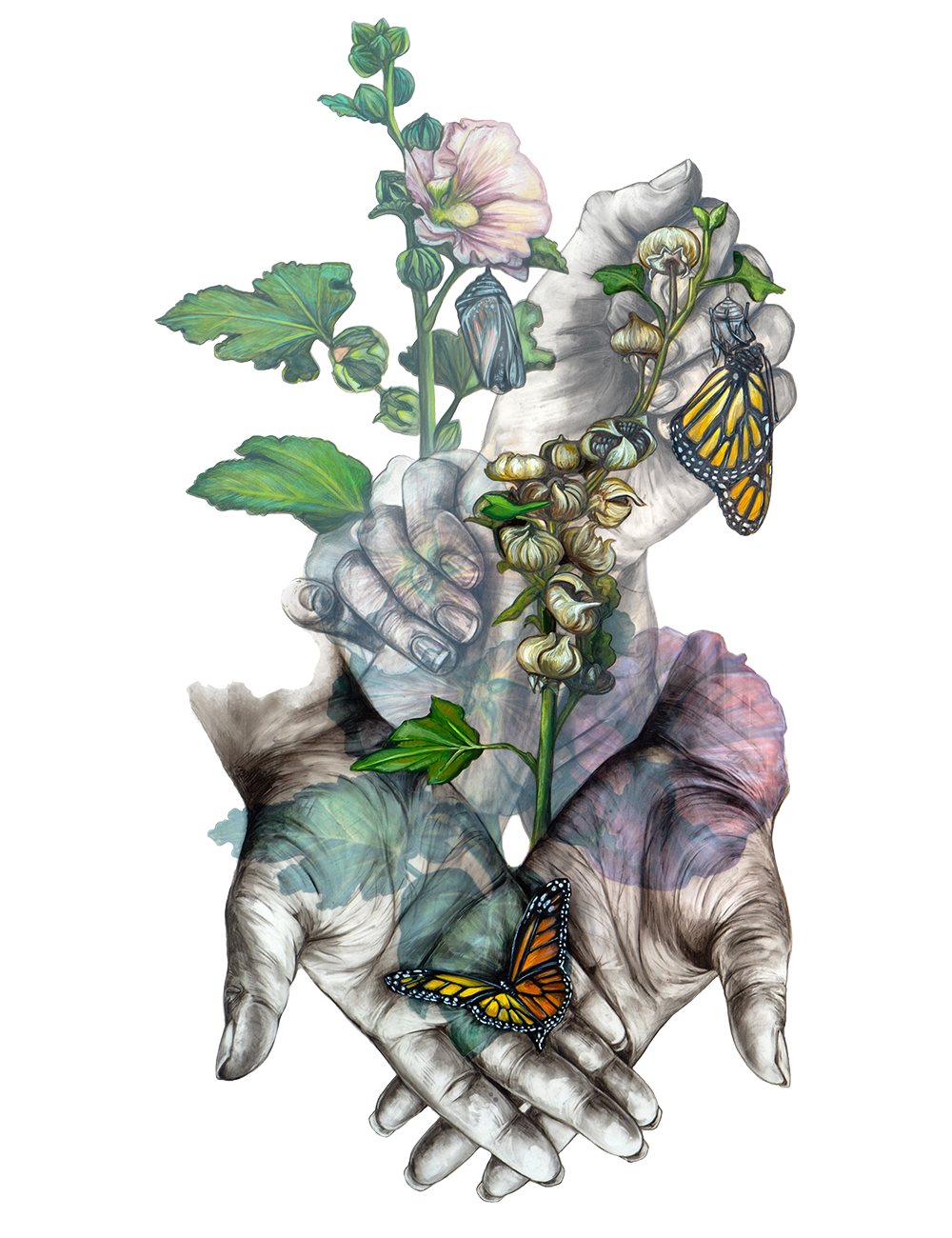
Survivors are more than the story of traumas
These are our stories of healing.
Welcome.
On these pages, 30 individuals share first-hand experiences, reflect on the process of healing, and remind you that you are not alone. You can explore the 10 themes by clicking on the icons below. Some names have been changed to protect anonymity. Please take the space and care you need in engaging with this content. You and your story matter.
If you need support, please contact Willow via the 24/7 HOTLINE at (585) 222-SAFE or the 24/7 TEXTLINE at (585) 348-SAFE. Willow provides free short-term individual counseling and group sessions for survivors.
Survivor Identity
The term Survivor has been claimed by many as an empowered alternative for “Victim.” However, any one term can lack the nuance to describe a person’s full experience. This question is intended to expand our understanding of what being a Survivor means and explore whether people resonate with this or not.
RECLAIMING
Survivors speak about working to reclaim parts of themselves that they put aside or lost while in abusive relationships.
healing journey
Healing is not a place where we arrive, but rather a process in which we engage. There is no final destination. The idea of steps, stages, or point A to point B, can limit our true experience and growth.
words of care
This section includes words from Survivors to those who are working to heal from abuse, regardless of where they find themselves in their journey.
support
Support is often difficult to find when it is most needed. The resources Survivors describe range from friends, family, Survivor groups, therapists, organizations such as Willow and online forums. There are also discussions around how they wish they could have been better supported.
Disenfranchised Grief
While this section covers grief as a whole, disenfranchised grief is often at the center. Disenfranchised grief refers to grief that is not openly acknowledged, socially supported, or publicly mourned. Survivors’ experience a wide range of disenfranchised grief.
SHARING YOUR STORY
The stories we craft for ourselves and others are our best attempts to make sense of the varied moments of our lives. How our story is told, both in autobiographical and biographical form, can be one of our greatest agents of change.
affirmations
Generalized affirmations, if not truly believed, can have the opposite effect of evoking strength, and make us feel weak instead. Alternatively, searching for words that ground us and words we know to be true at our core can serve as a powerful tool in healing.
tools
What personal and collective tools can we tap into when our reserves are low? The intention behind this question is to begin to share resources and ideas with one another.
i speak as
From where do you speak?
This question seeks to expand our definition of who a Survivor is through self-identifying and descriptions of the perspectives, identities, and lived experiences we each hold.
"With a focus on meeting people where they are, we explore: How can telling your own story facilitate healing?”
Sarah C. Rutherford












